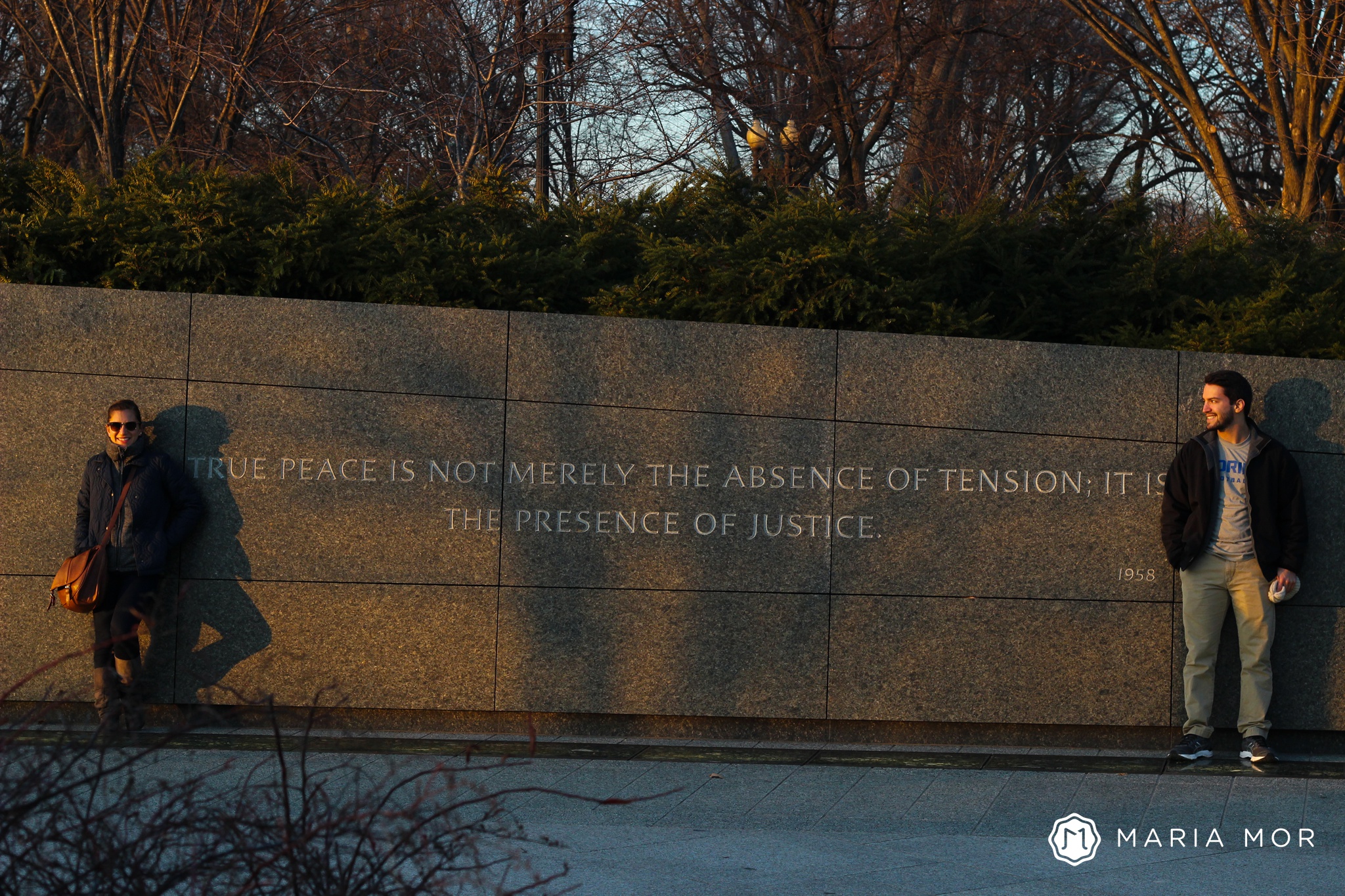Every Wednesday at 9 pm I sit in front of the television and watch The Story of Us with Morgan Freeman on the National Geographic Channel. In traveling great lengths to uncover the different expressions of peace, love, freedom, and forgiveness he is illuminating the ties that binds all of us together. While meeting inspiring individuals from all walks of life, each episode bares the question: “What is the common humanity inside each and every one of us?”
With that being said, on episode 2 Morgan Freeman’s sympathetic soul took me on a journey of forgiveness that refined my understanding of what it truly means to forgive. Recently, I realized that as a result of my own inner transformation my relationships were also morphing into something different. Of course there are certain things in every experience that we may not agree with, but are willing to overlook. Yet, there are characteristics that cannot be buried under the rug. The blinders must come off and we must address the issue to the best of our abilities. On these very pivotal moments we must ask ourselves: Are we willing to dance, keep dancing, or stop dancing all together? We must make a decision and also be responsible for the consequences.
I can admit that during this process forgiveness was not the first thing on my mind. Instead anger and disappointment consumed me. Two very negative emotions to say the least. However, the 4 individuals who shared their forgiving anecdotes with Freeman also questioned every ounce of my ego. In looking beyond my pride they taught me how forgiveness can be a gateway to personal freedom.
The Delta People: Dassanech and Nyagatom Tribes
At a remote region in Ethiopia the Dassanech and Nyangatom tribes live side by side in an endless war for the fauna and pasture. After 7 years of fighting the elders evoked a peace ceremony between the tribes in order to stop the killings and convince the young warriors of another way. Wearing his fedora hat and simple blue shirt, Freeman asked one elder from each tribe their thoughts about their new found peace. The Nyangatom elder’s answer stunned me: “When we are one and we pray to God, he will give us our peace.” Then he hugged his “brother” with such kindness and genuineness! Can it really be this simple? Bless each other, sacrifice a cow, smother its innards on each other, repent thievery, hug each other, bury a spear, and voila: Peace. Apparently it can. After forgiving and taking account for their own faulty actions they found a balance between war and peace. Letting go was their main key!
Rwanda Genocides: Mariya and Filbert
Not far from Ethiopia in the country of Rwanda, Mariya Izagiriza (Tutsi) and Filbert Ntezinzaza (Hutu) also tell an impossible story about forgiveness as the path to inner happiness and understanding. Two decades ago a horrifying genocide took place between the majority of Hutus and minorities of Tutsis. The Hutus blamed the death of their president, Juvenal, on the Tutsis starting a 100 day conflict that took over a million lives or one tenth of the population. After the upheaval Kagame became president and is still in office today. As a way to end all the suffering in his country, he established a program of reconciliation that reversed the politics of hatred and separation. Justice, from the eyes of Juvenal, is when both parties can get along. Revenge, on the other hand, is ongoing cycle that won’t let us move on. In spite of the societal differences, his goal was a vision of Rwanda where everyone walked together.

Therefore, as part of the reconciliation program, Mariya and Filbert are the epitome of peace and forgiveness. During the massive killings of 1944, Filbert was member of the Hutu group that killed Mariya’s husband, brother-in-law, and her two sons. They cornered them off a cliff into the abyss. Proceeding the terrors and as part of his penitence, Filbert attended Gacaca, also known as community sentencing. There he learned the act of asking for forgiveness and met Mariya.
However difficult it must have been for Mariya to make sense of life and forgive, she allowed the word of God to help her take the steps necessary to pardon Filbert and all the killers. At the end of their two year journey she feels happy and has built a new community with peace. Filbert repents his wrong doings and as neighbors, he helps Mariya with her land. Today they spend time together as friends. With that in mind, Rwanda is am emblem of both much suffering and an example of hope for the rest of the world.

From my perspective, an hour spent with Morgan Freeman during “The Fight for Peace,” was the therapy session I was looking for. Those sixty minutes taught me to look within and reconcile with myself, make myself accountable, accept the situation, let things go, and move on. Literally bury the spear as the Dassanech and Nyangatom did. We make things more difficult than they need to be in our heads.
If Mariya can forgive Filbert, I am certain I can forgive those I have let hurt me. I can also forgive myself for my own mistakes. Finally, I can have compassion. It does not mean we have to be best friends, it just means I no longer choose to suffer! The truth is we have to get past our own egos, set limits, and get better at making peace.
In the words of Morgan Freeman: “Forgiveness takes great sacrifice and courage.”
~M
A wonderful read. Thank you!
Thank you my friend for reading it!! So happy you took the time 🙂